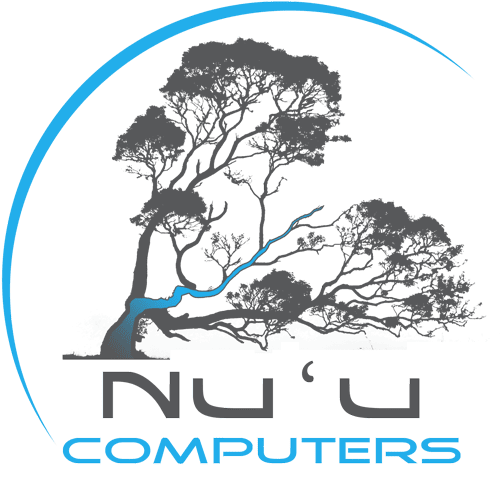Cracking the Geek-Speak Code.
This week, we have prepared a list of words you may have heard when dealing with computer geeks and network engineers. Our aim is to shed some light on these terms so that, next time you hear them, they will make perfect sense. This also presents a great opportunity for open discussion, so if you have any computer related terminology that is not presented below, simply ask us about it in the comment section and we will add it, as well as explain to you personally what it really means!
An Explanation of Some Common Computer Terms
Check out our cool little cards below for a ton of information on what these cryptic terms mean, and drop us a comment if you want to learn more computer terms or jargon that your IT guy might be using.
Adware
A program that actively advertises to the computer user via pop ups, voices, and other means. Usually installed without user consent and most often is a piece of a larger malware installation
Blog
A personal web page where the owner can express their views and/or interests. Kind of an online journal or “web log”.
Cookie
Commonly confused with adware, spyware, viruses, and other malware, cookies are simply files that download to your computer to track and remember a user’s preferences on websites commonly visited.
Firewall
A software or (preferably) hardware device designed to block unwanted access to the computer (software) or network (hardware). In choosing between a hardware and software firewall, one must consider the level of security needed by their computer system(s).
Malware
Any software that is created with malicious intent. These intentions can range from identify theft (as in Spyware), to completely controlling the computers of others without permission (Viruses).
Netiquette
Like etiquette, but for the internet! This is acceptable behavior while online (or connected to the internet).
Plugins or Addons
Small programs that are installed as part of a larger program on a user’s computer such as internet explorer or Microsoft Office in order to perform special or additional tasks. Some common plug-ins include Java, Flash Player, and ActiveX plug-ins. Not all plug-ins are good though. A good way to tell if a plug-in is causing problems in internet explorer is to run it without addons (Start>Run, “iexplore.exe -extoff”) and see if the problem persists. If the problem disappears when IE is run without addons, the issue is a corrupted plug-in.
Server
A computer system which manages other computer systems in a network and serves the needs and/or requests of other computer systems (clients or workstations) in said computer network.
Virus
A destructive program that infects or damages computer files and/or creates a “back door” for computer hacker(s) (usually the author of the virus) to gain access to a computer.
Attachment
A file that is attached to an email. Normally used to transmit smaller files between users via email.
Computer Worm
Quite possibly the worst form of a virus in a corporate environment, this is a program written with malicious intent which can not only replicate itself on a single computer system, but across the network to other computers and servers as well
Driver
Software that is specifically designed to provide an interface between the hardware and operating system in a computer. In short, it is software that is required for computer hardware to be recognized and function properly in a Windows environment.
Hardware
Physical parts of a computer system such as the hard drive, keyboard, monitor, printer, RAM, CPU, and more.
Modem
The device that your internet connection plugs into. In the older days, these were the same devices as seen today in fax machines. They connect to the telephone line and dial into the ISP for internet access. Today, these are usually separate devices – usually small boxes – that connect to cable, dsl, or satellite for internet access.
Phishing
Any website or email that attempts to fool the user into divulging personal information. This is a form of identity theft, and should be avoided.
Rootkit
A program that hides itself in, or disguises itself as a core system file. Most often, this variant of a virus is only recoverable by professional computer technicians such as the fine folks at Nu’u Computers (wink, wink.) These infections actually replace the normal system files with their own version, making removal and system recovery much more difficult than a normal virus or malware infection.
Spyware
Software that is installed on a computer without user knowledge with the goal of tracking and gathering information on the user’s habits. Can also be considered malware in the context of its many uses.
Workstation or Client
A computer that accesses data or services from another computer in the network (using hierarchical methodology). A client can also be small application that is utilized to connect to the larger (usually database driven) software component (most times on a server) in order to retrieve and/or access system information.

